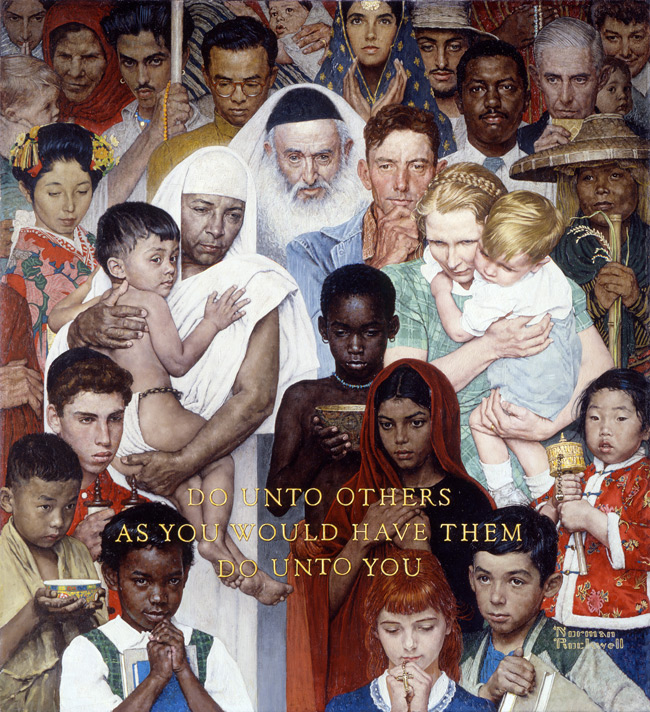Religious Liberty Is Essential
HB 542, Rep. Keith Ammon’s Religious Liberty Act, is under assault. It is difficult for followers of the bill to determine the truth in the fog created by numerous distortions and outright falsehoods. Here is the simple truth.
The Religious Liberty Act is focused on only two purposes. The first is to protect churches from being treated worse than other essential services in states of emergency. This means when grocery stores are operating, so is the church. It has no impact on the application of neutral safety measures such as capacity restrictions or mask mandates.
The second, and lesser goal, is to codify the NH Supreme Court’s State vs. Mack decision in state statute. It is this second goal that has been the key subject of public debate.
The recent Mack decision is important in understanding how we protect our religious freedoms in NH. The Mack decision of December 2020 has been frequently cited in debate on HB 542. It is important because it clarifies the free exercise clause in the New Hampshire Constitution. This clause is critical because it governs how we protect religious liberty in the state, or the freedom of individuals and religious organizations to practice their faith.
The NH Supreme Court in its ruling, said New Hampshire courts must treat our state Free Exercise Clause just as it would treat any other constitutional right, such as freedom of speech. This doesn’t mean these rights, including religious liberty, are absolute, but it does mean they should be considered using something called a “balancing test” which weighs the individual’s rights against the specific interests of the government.
When a balancing test is applied, once someone shows that government action is placing a substantial burden on their freedoms, the burden of justifying that infringement shifts to the State to show that these government actions are necessary for a “compelling government interest” and narrowly tailored to meet that specific purpose. Balancing tests are quite normal in American constitutional law.
HB 542 simply codifies the Mack decision in our state statutes. The language used in the bill mirrors that of the NH Supreme Court in their decision. It will make clear that compelling interest is a factor when placing substantial burdens on our sincere religious practice during times of declared emergencies.
It’s important to look at the charges of potential discrimination being made against HB 542. This is perhaps the most misleading of the claims being made in opposition to the bill. It is true that religious organizations do discriminate in a way by operating in accordance with their principles and doctrines. For example, an Islamic mosque wouldn’t invite a Christian to lead prayers just as a Christian church wouldn’t invite atheists to serve in leadership positions. Otherwise, religious organizations could not exist.
However, opponents of general religious liberty protections paint a picture of wanton discrimination by people of faith against certain groups (Christian landlords against LGBT tenants i.e.). You would think the Mack decision had already opened the door to such discrimination, but in fact there has not been a single example. This negative and vindictive characterization of Christians is simply false. Real Christians, just as the example Jesus set, actually desire to connect and associate with those with whom they may disagree. They only ask the law to respect religious pluralism and individual liberty.
To understand the opposition to HB 542, you need to look past the rhetoric and alarming (and false) scenarios being painted. It’s not the fear of discrimination that drives opposition, but the desire to effectively dismantle the church. That wasn’t the case just a short time ago when organizations such as the ACLU and liberal groups supported religious liberty. However, today a growing number of progressive groups and organizations are pushing to oust Christians from leadership positions and force Christian organizations to hire people who do not accept their beliefs and practices in an effort to dismantle religious freedom. It should alarm all citizens, regardless of their religious persuasion.
HB 542 as it stands is well-crafted legislation and necessary. Churches are essential, and no more so than in a time of emergency. Protecting our freedom of religion has never been more critical, especially in a time when our constitutionally protected freedoms are under constant attack.


